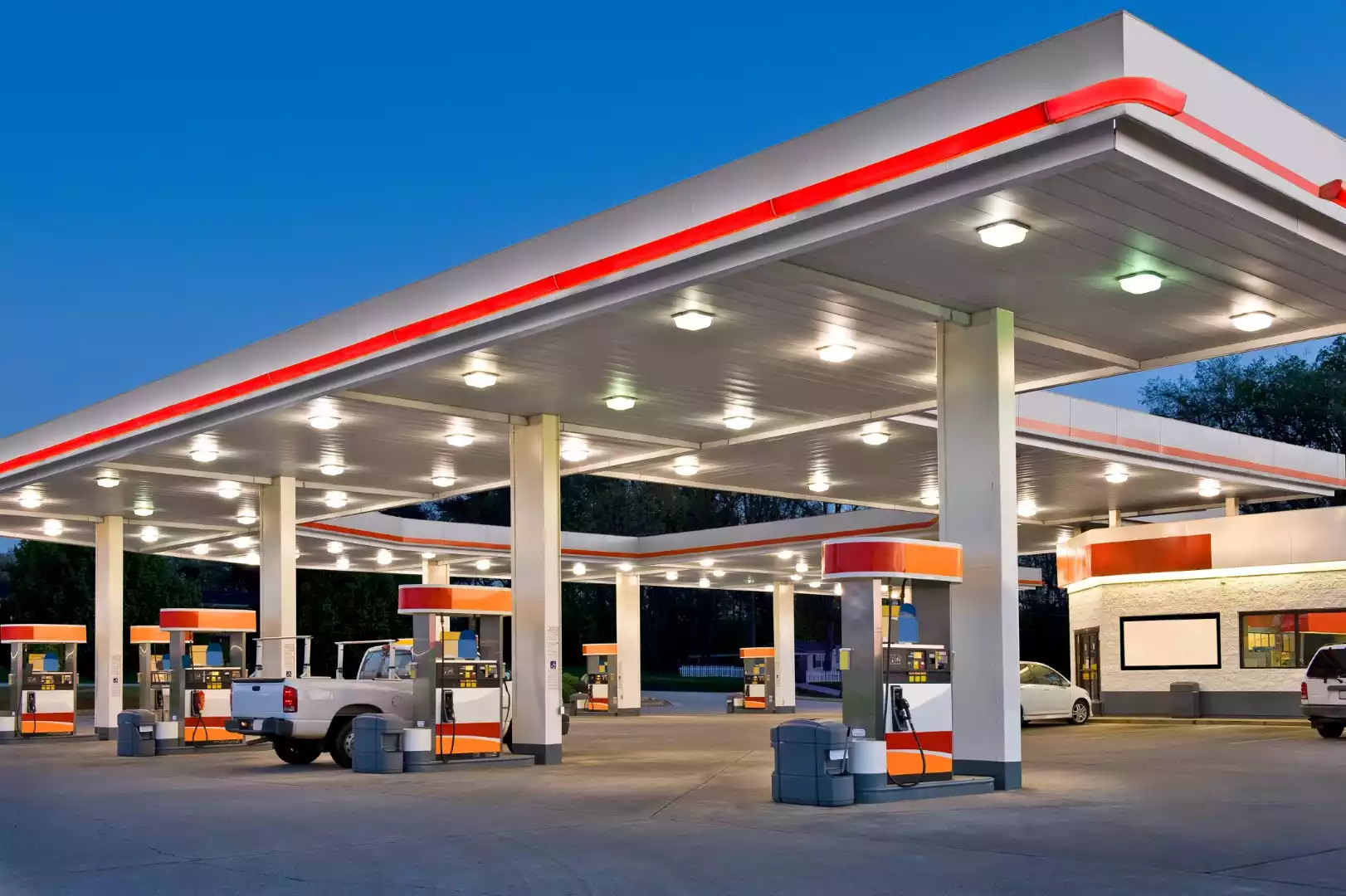Amazing how many threads address the issue of gas mileage on this forum, but I can't find one that specifically addresses WHERE we buy our gas. In other words, according to the owner's manual, we might be putting the wrong gas in our cars. Our first question is usually, "Should I use regular or premium?" We've argued over this more than once on these pages. But a more important question is, "WHERE should I be buying my gas?" The WHERE is important because many owners know nothing about top tier fuels.
Bear with me, those of you who already know about this, but I believe a specific thread ought to be started on this subject. I'd like to make this simple. Rather than explain what top tier fuel is, if you don't know, just do a quick google search on "top tier fuels." The net is awash with plenty of good information about this. That said, my owner's manual that came with my 2023 Tucson says nothing about this. But from what I understand, the copy issued to each new owner is an ABRIDGED copy (says so right on the cover), and is shorter and more abbreviated than the online version. I was reading through this online version recently. You can find it here: CLICKY. On page 9-9, at the bottom of the page, look at footnote *3, and you'll find these words: "If top tier detergent gasoline is not available, one bottle of additive is recommended..." Reading a little further reveals that they are referring to utilizing fuel additives (like Techron) every 8,000 miles.
I'm not making this up. I provided the link so you can see for yourself. Hyundai didn't come right out and demand that we use top tier fuels ONLY, but do the math, folks, that's what they're saying. So what if we don't? What does a manufacture ALWAYS do when we don't follow the recommendations found in the owner's manual? They refuse to fix a claim that should be covered by the factory warranty.
Beyond that, it is well documented that top tier fuels make a big difference inside your engine. Better mileage and smoother running today? Not likely. But use if for a year and compare with the other guy who didn't. Top tier fuels are worth every extra penny they cost. Over the past 10 years, I've read dozens and dozens of reports and watched countless you tube videos on this subject. It's worth learning about because it really MATTERS.
Bear with me, those of you who already know about this, but I believe a specific thread ought to be started on this subject. I'd like to make this simple. Rather than explain what top tier fuel is, if you don't know, just do a quick google search on "top tier fuels." The net is awash with plenty of good information about this. That said, my owner's manual that came with my 2023 Tucson says nothing about this. But from what I understand, the copy issued to each new owner is an ABRIDGED copy (says so right on the cover), and is shorter and more abbreviated than the online version. I was reading through this online version recently. You can find it here: CLICKY. On page 9-9, at the bottom of the page, look at footnote *3, and you'll find these words: "If top tier detergent gasoline is not available, one bottle of additive is recommended..." Reading a little further reveals that they are referring to utilizing fuel additives (like Techron) every 8,000 miles.
I'm not making this up. I provided the link so you can see for yourself. Hyundai didn't come right out and demand that we use top tier fuels ONLY, but do the math, folks, that's what they're saying. So what if we don't? What does a manufacture ALWAYS do when we don't follow the recommendations found in the owner's manual? They refuse to fix a claim that should be covered by the factory warranty.
Beyond that, it is well documented that top tier fuels make a big difference inside your engine. Better mileage and smoother running today? Not likely. But use if for a year and compare with the other guy who didn't. Top tier fuels are worth every extra penny they cost. Over the past 10 years, I've read dozens and dozens of reports and watched countless you tube videos on this subject. It's worth learning about because it really MATTERS.






